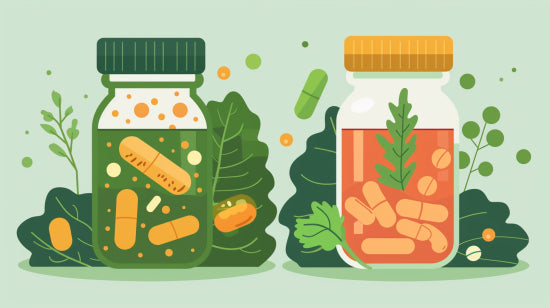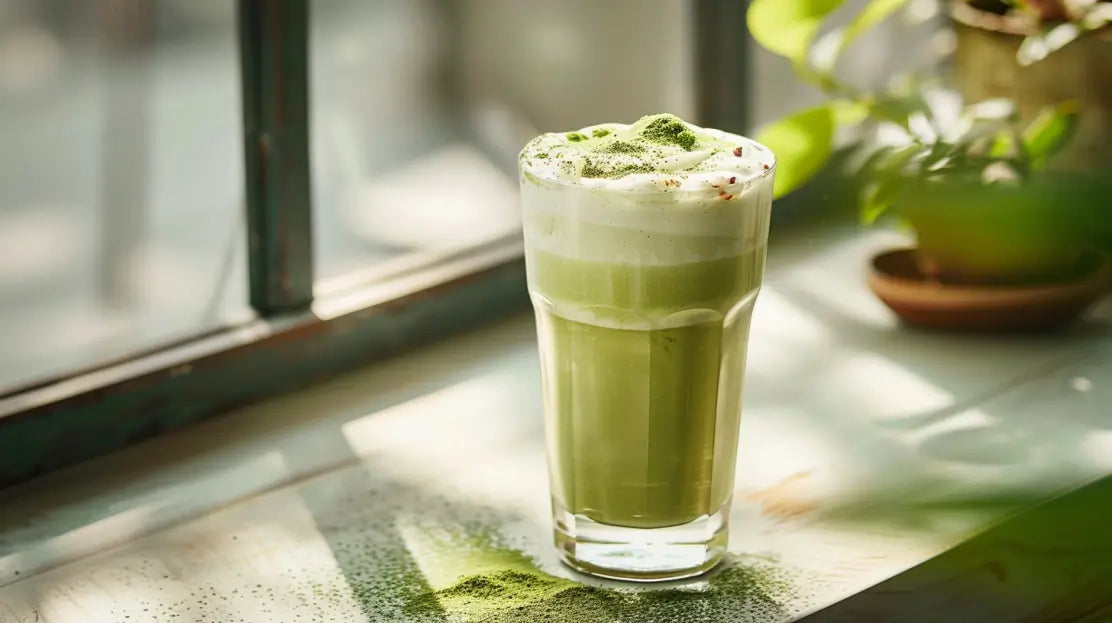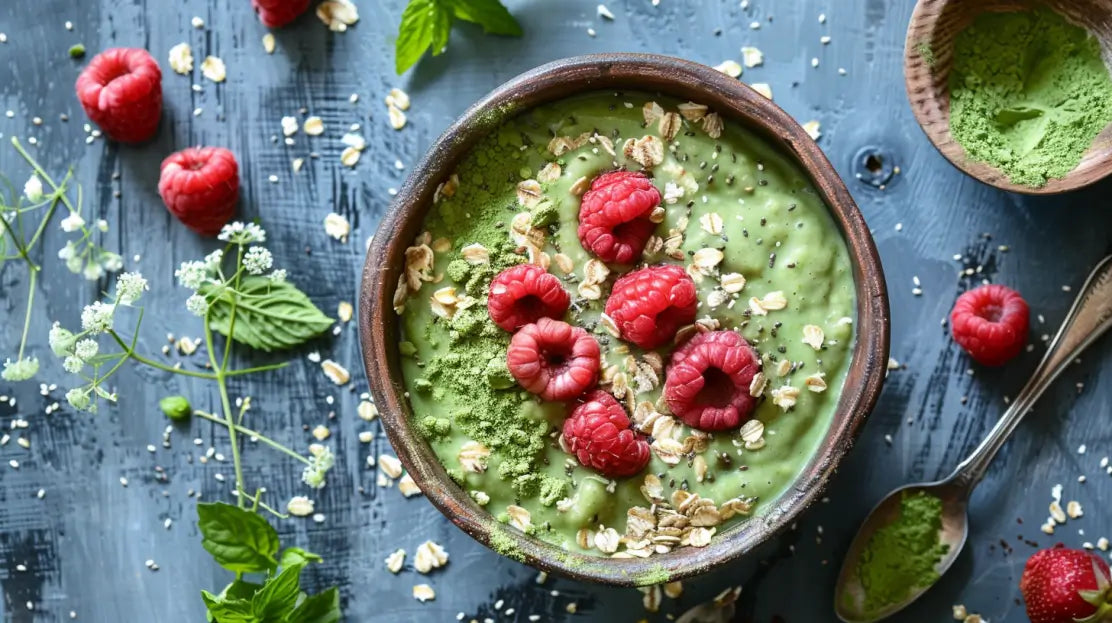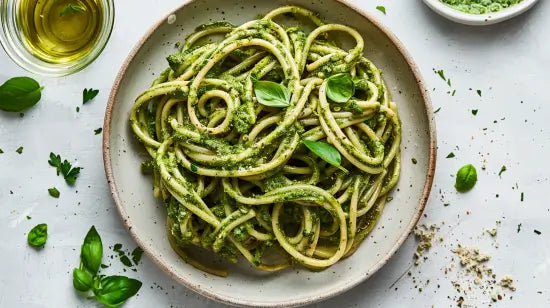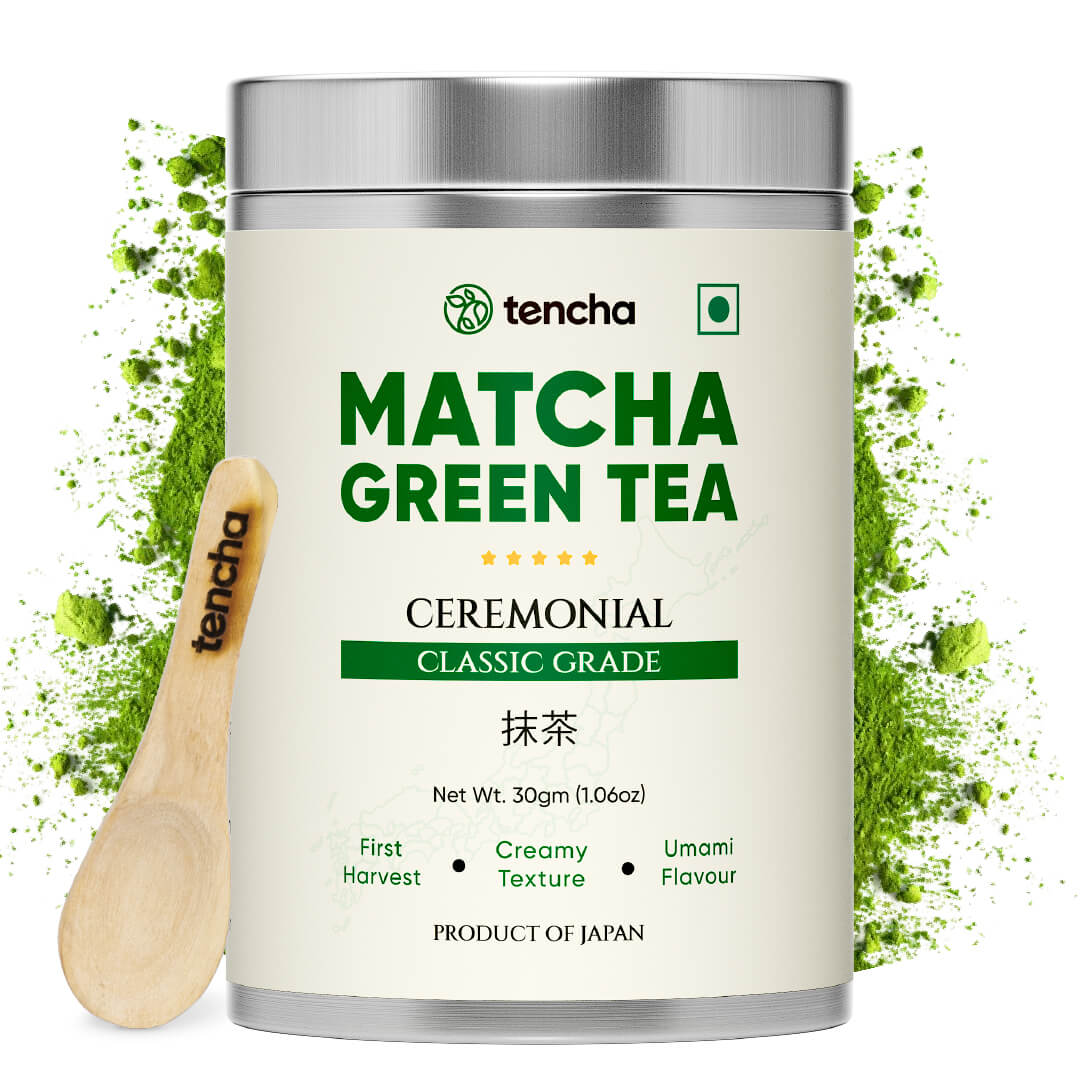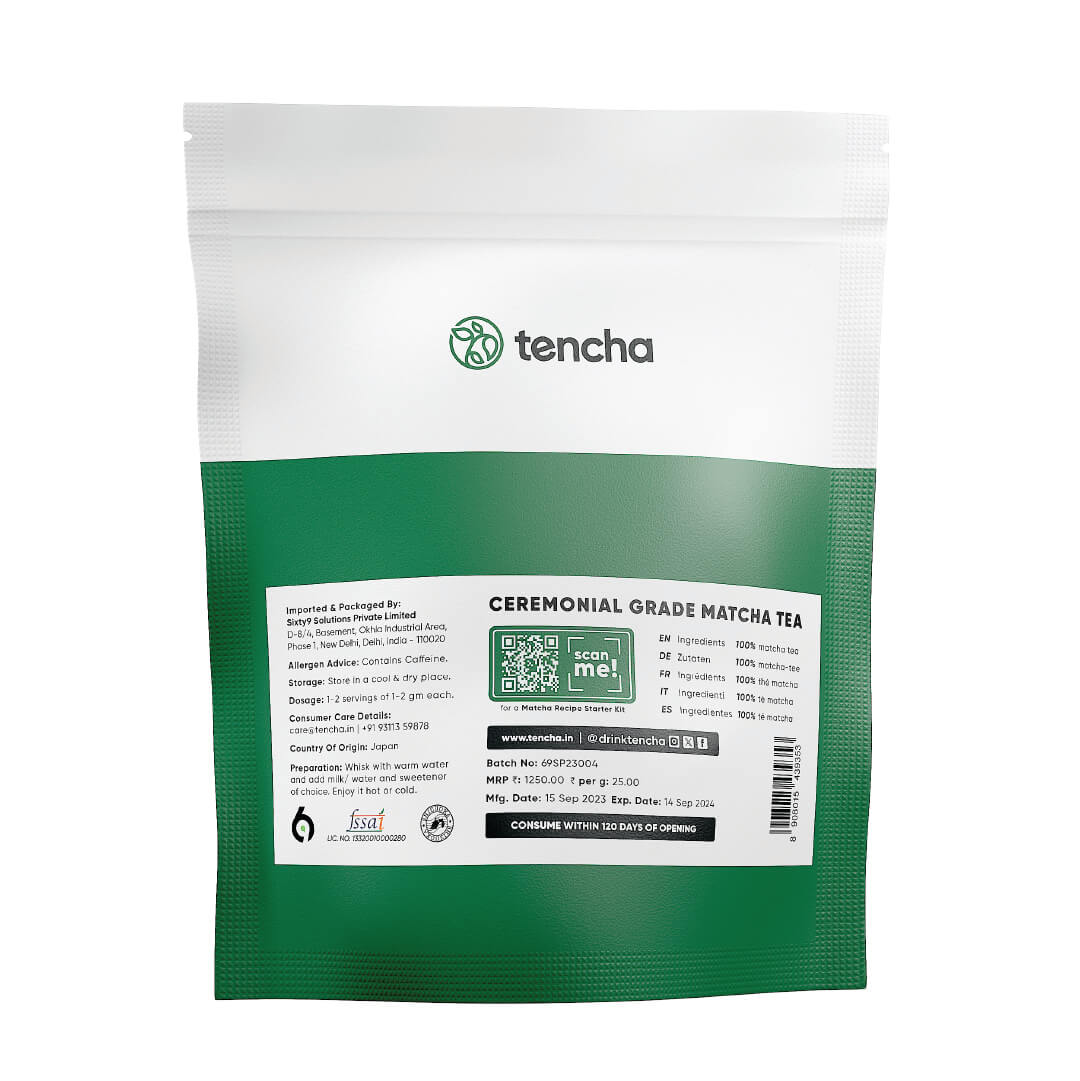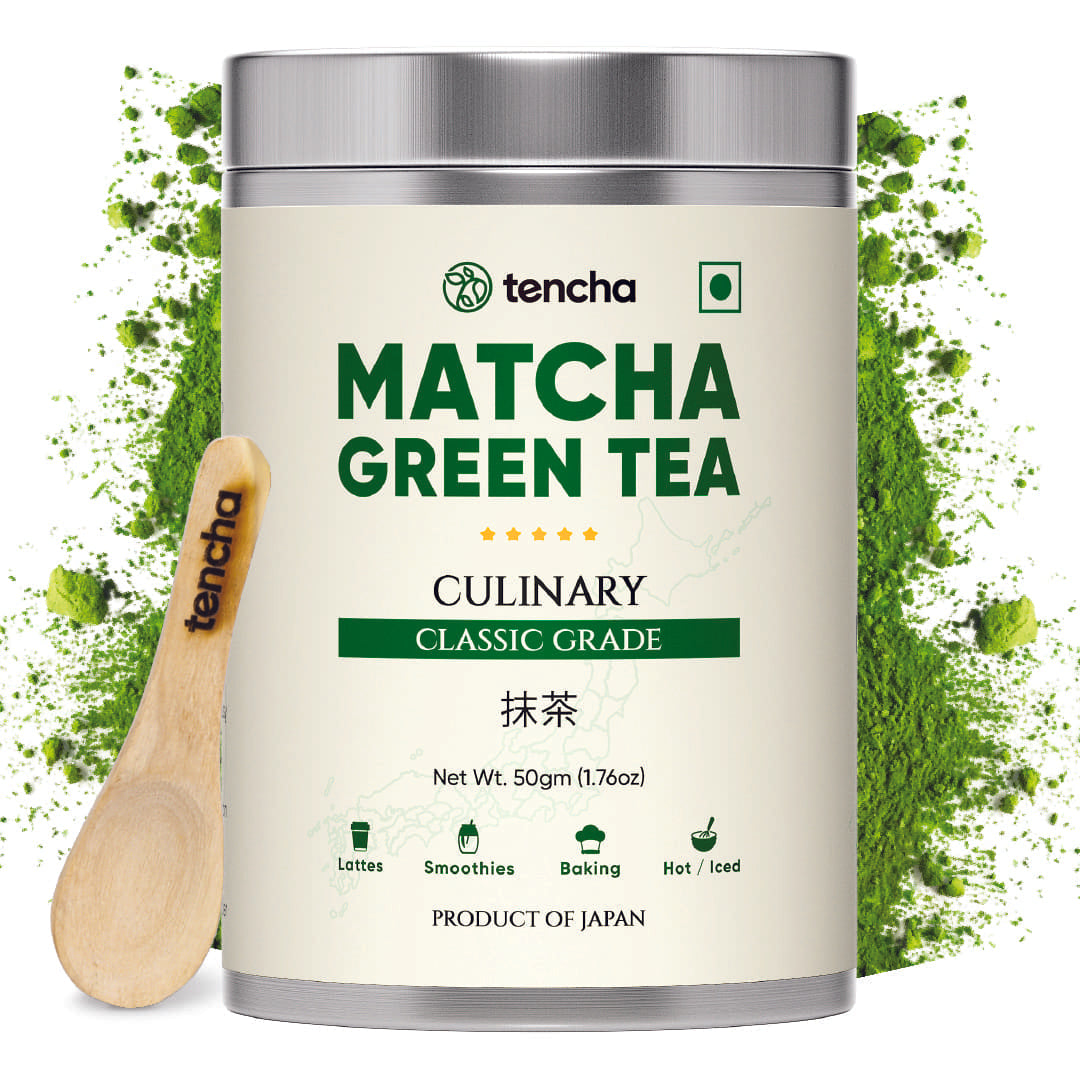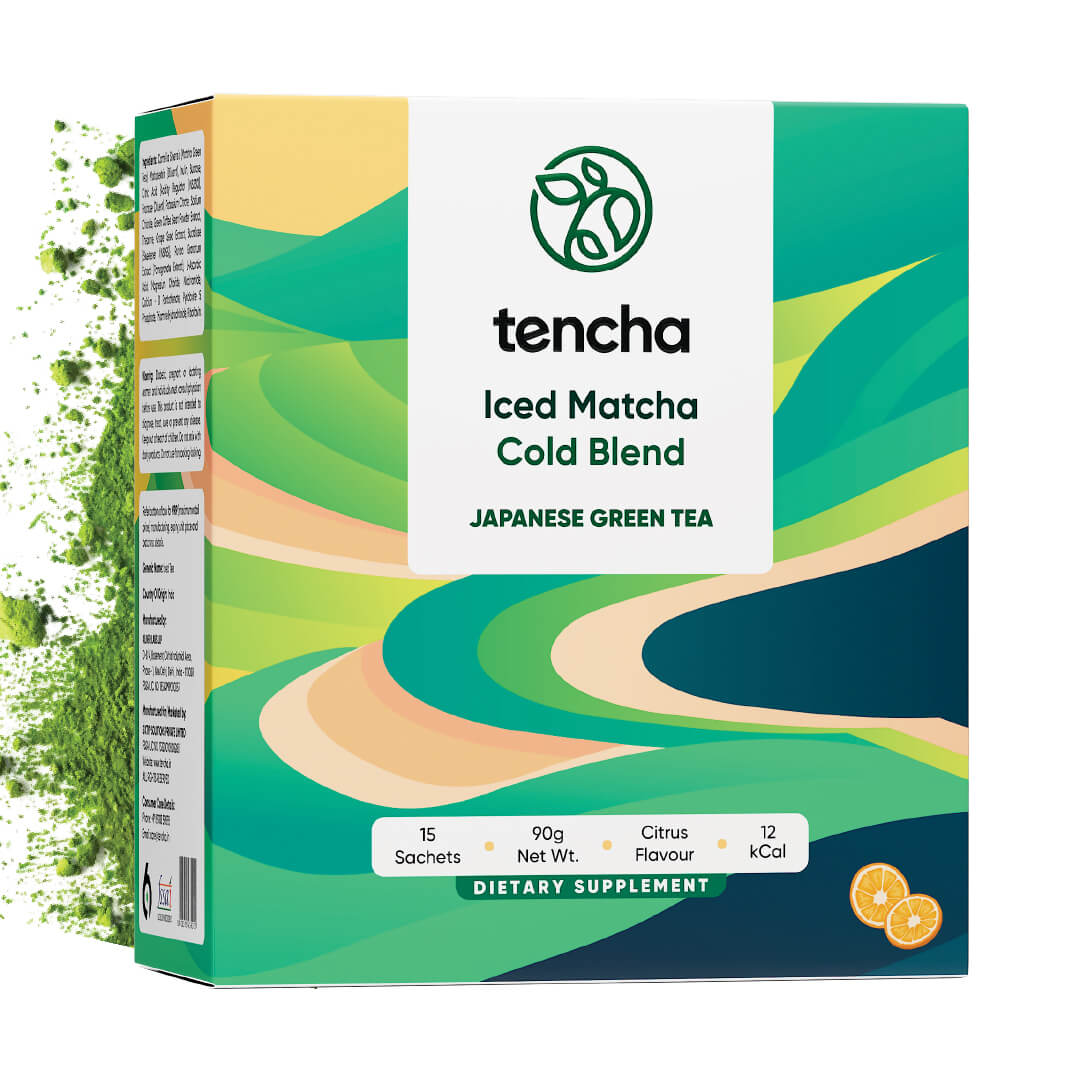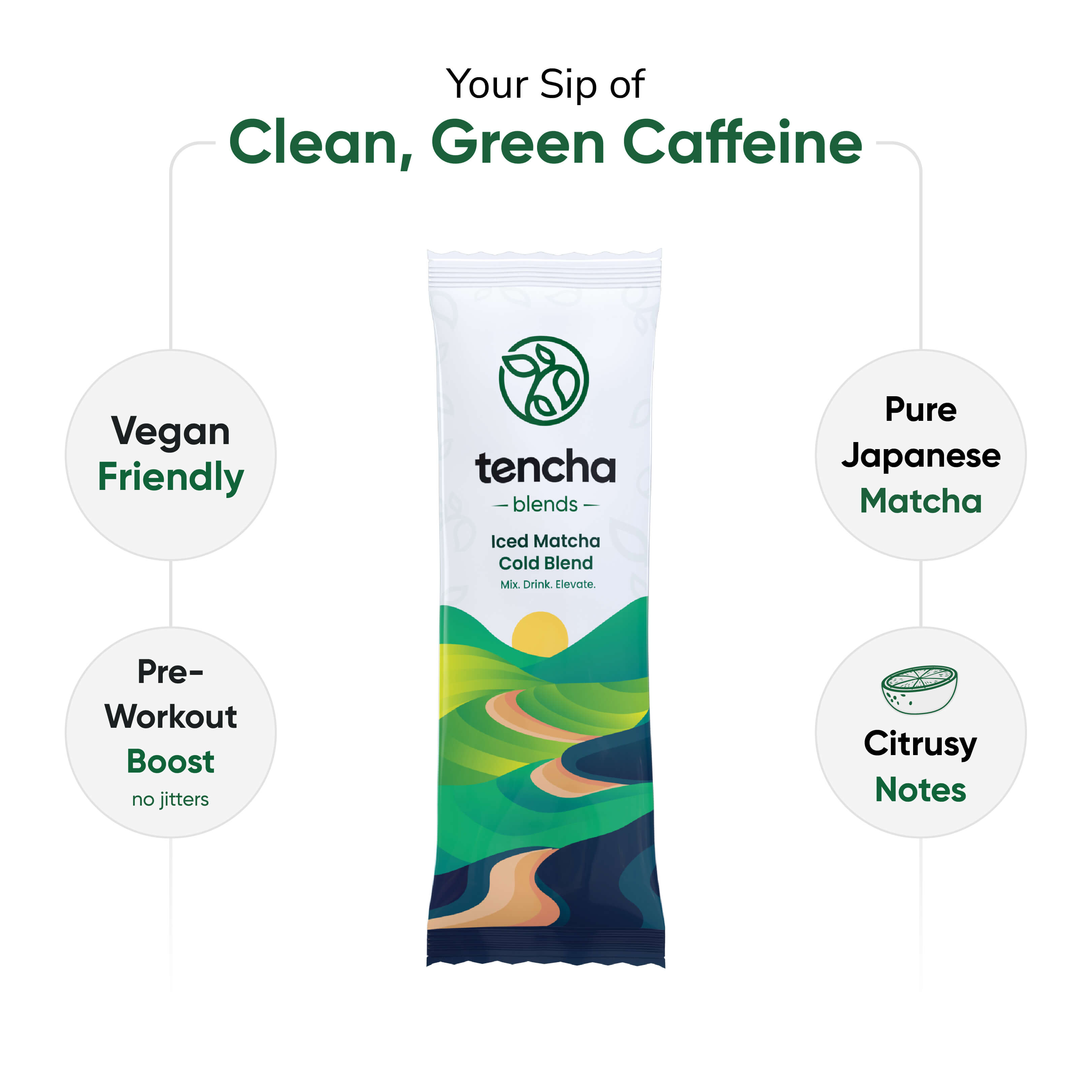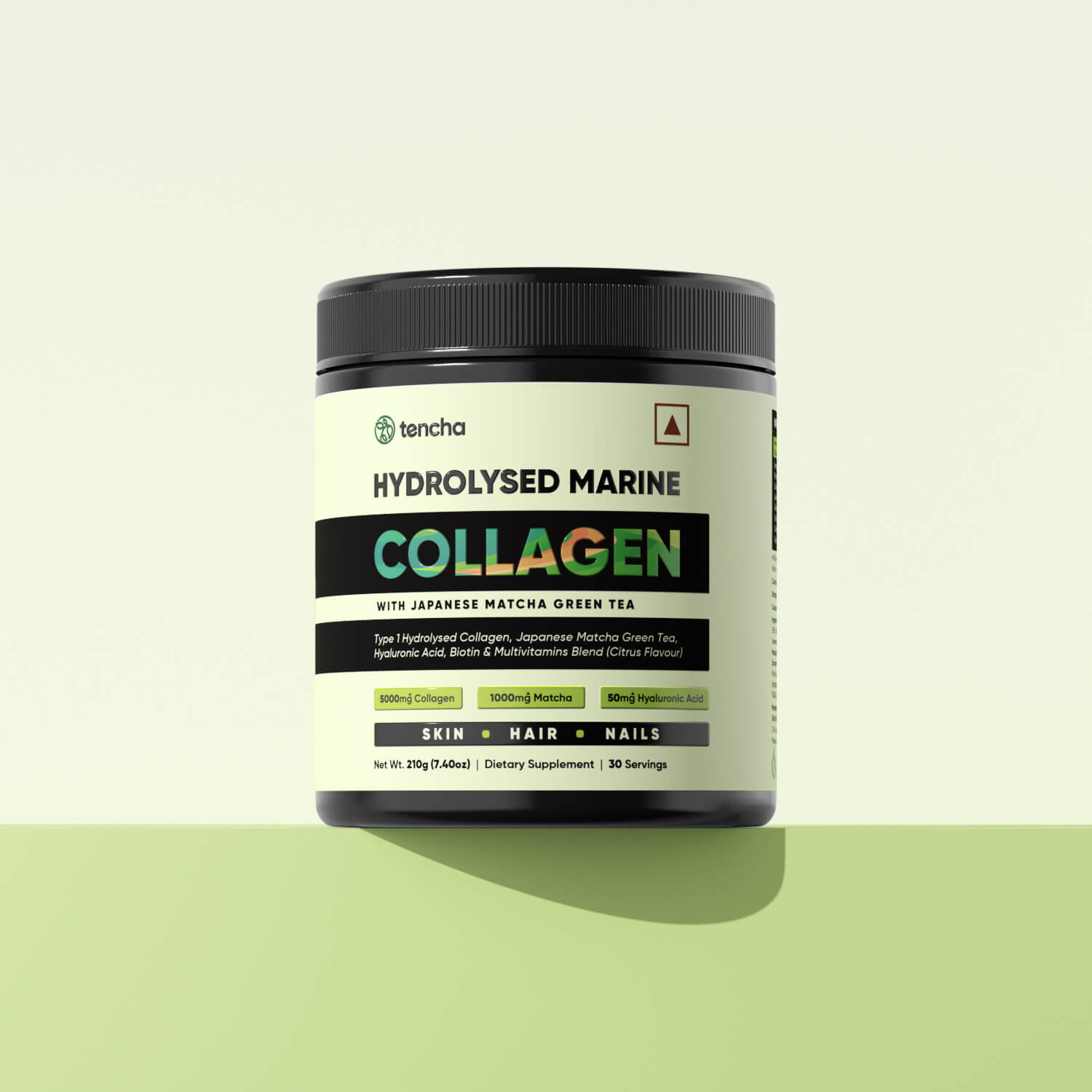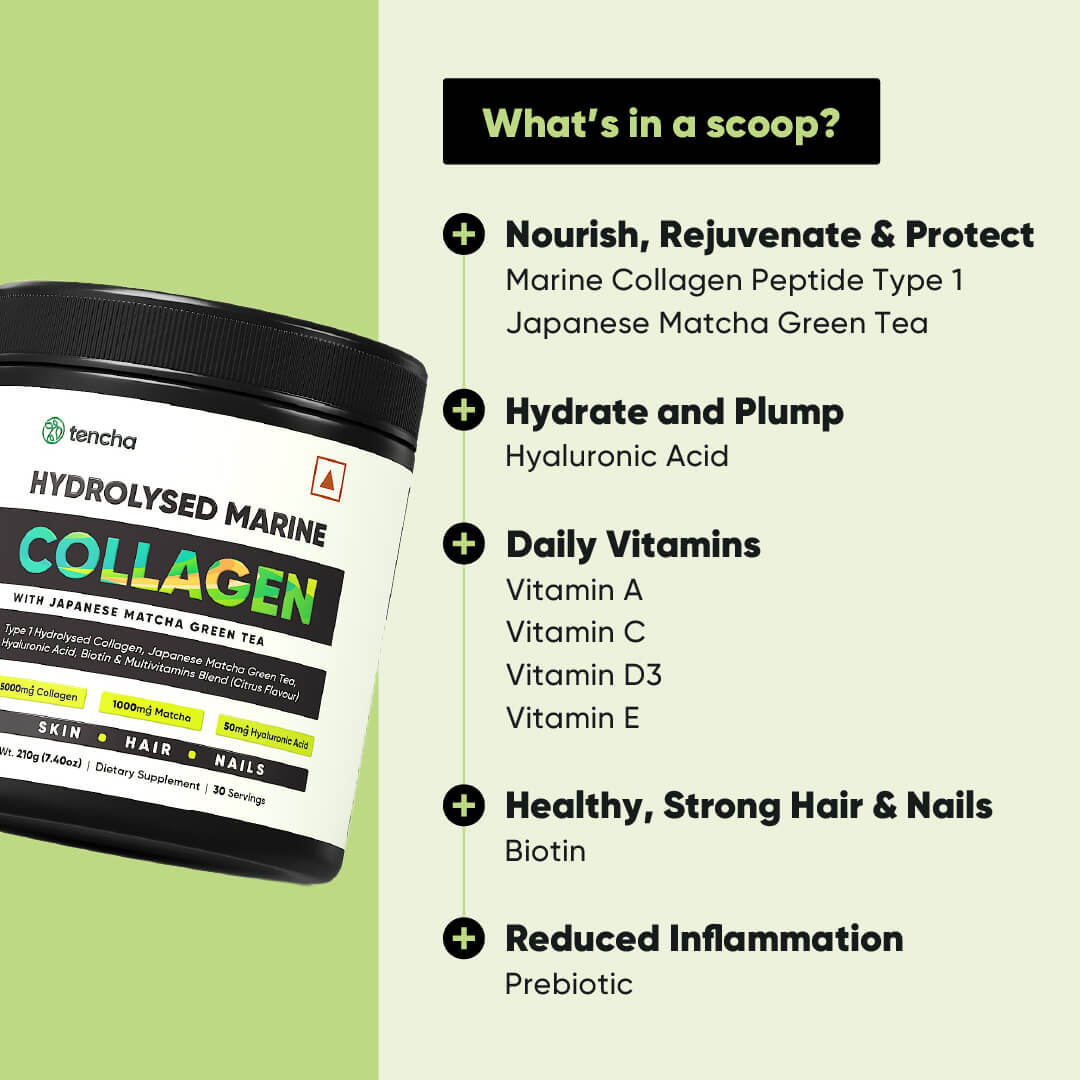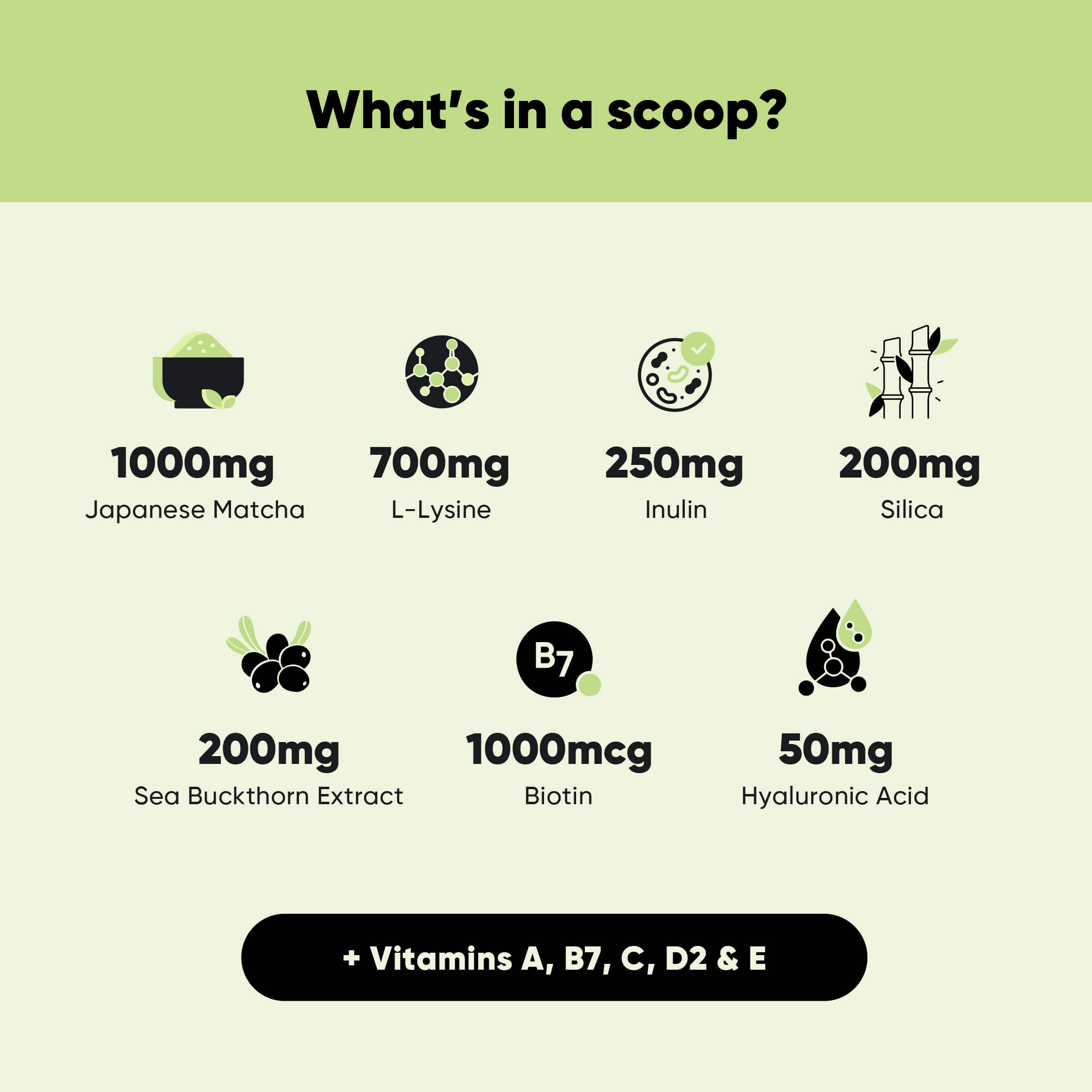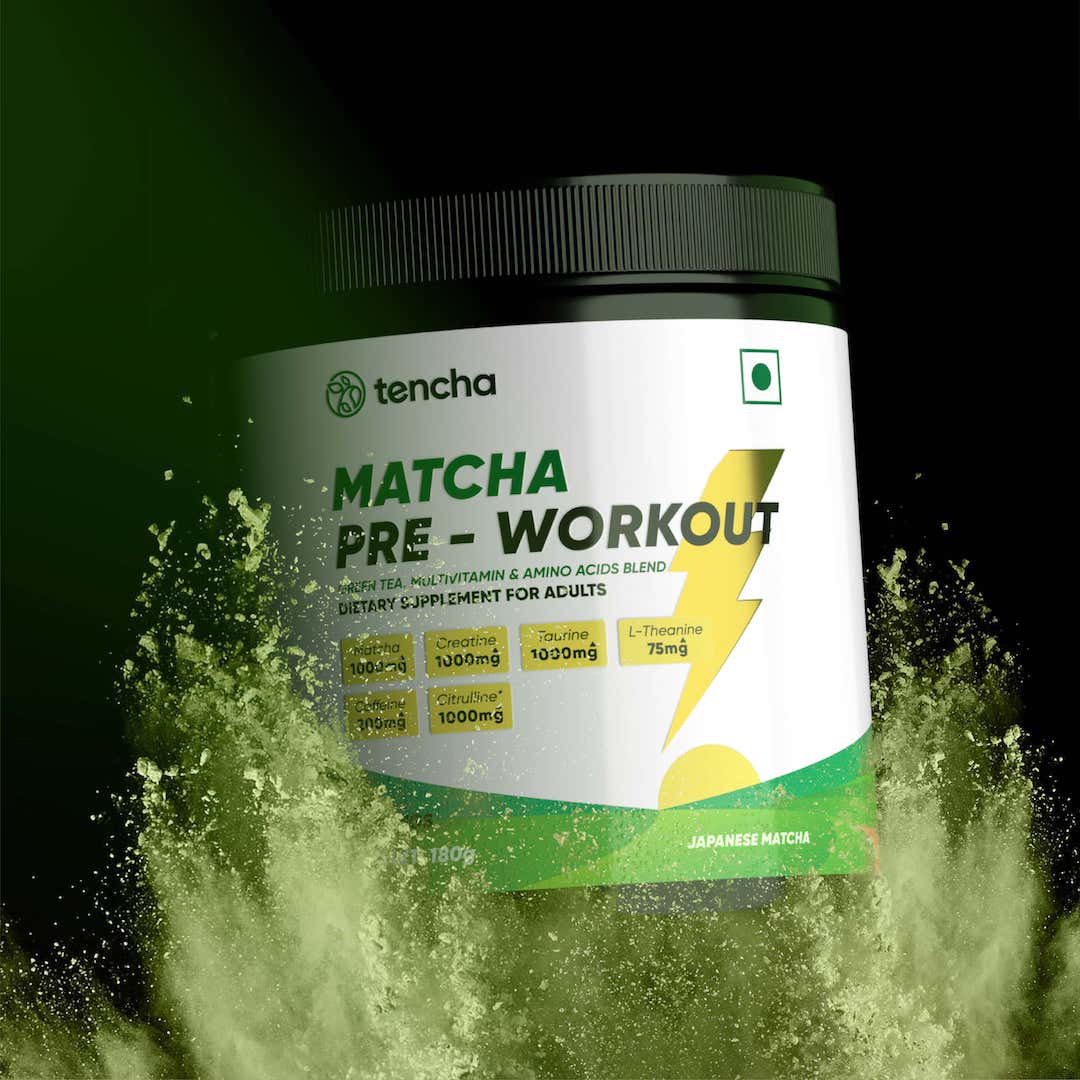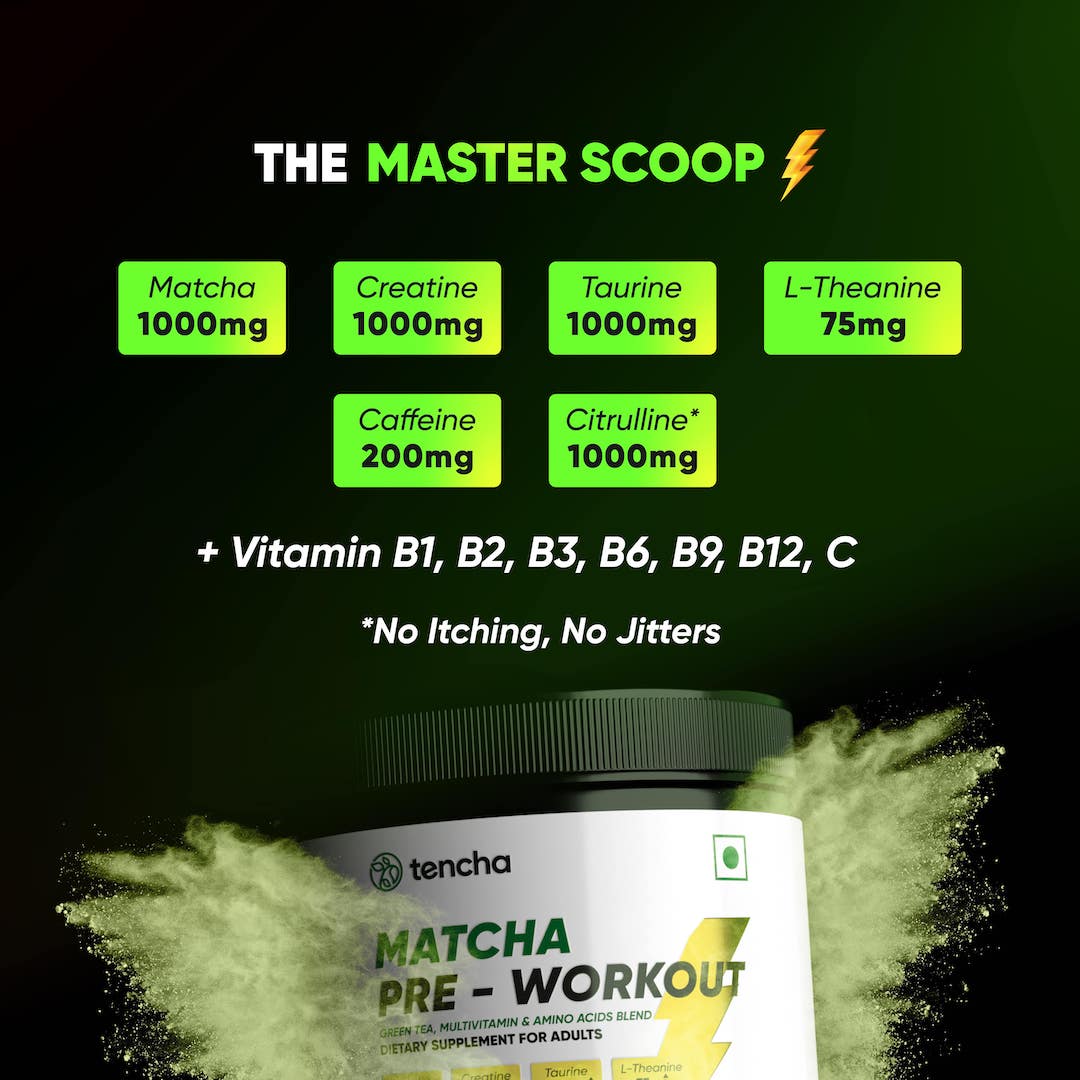At first glance, you may not know the difference between prebiotics and probiotics. They sound similar but are actually different types of dietary supplements that can be a great benefit to your gut health.
This blog will break down the difference between prebiotic and probiotic capsules, how each type of supplement works, and how you can incorporate them into your diet for better health.
Probiotics
Probiotics are living microorganisms, typically bacteria, that are consumed for their health benefits. These beneficial bacteria help to keep our gut healthy by maintaining a balanced microbiome, preventing the overgrowth of harmful bacteria, and producing short-chain fatty acids that have been linked to various health benefits. Probiotics are found in fermented foods like yogurt and kimchi, as well as in supplements.
Prebiotics
Prebiotics, on the other hand, are non-digestible and non-living food ingredients that serve as fuel for probiotics and other beneficial bacteria in our gut. By promoting the growth of these healthy bacteria, prebiotics can help to improve gut health and boost overall health. Prebiotics are found in foods like bananas, garlic, and onions.
So, what’s the difference between probiotics and prebiotics?
Probiotics’ health benefits include improved digestion, a stronger immune system, and a decreased risk of some chronic diseases.
Prebiotics are non-living substances that serve as food for probiotics and promote their growth.
Probiotics vs. Prebiotics
There's a lot of confusion out there about probiotics and prebiotics.
Probiotics are live microorganisms that are believed to provide health benefits when consumed.
Prebiotics are non-digestible food ingredients that promote the growth of healthy bacteria in the gut and are believed to be safe and beneficial for gut health. They help to increase the growth of healthy bacteria in the gut, which can improve digestive health and overall immunity.
What are the benefits of probiotics?
One of the most well-known benefits of probiotics is that they can help with digestive issues. Probiotics can help your body break down food and absorb nutrients more effectively. They can also reduce the amount of time it takes for food to move through your digestive system, and decrease the risk of diarrhoea. Probiotics can help fight off harmful bacteria and viruses. Probiotics may also help reduce the severity and duration of colds and other respiratory infections.
When should you take a probiotic or prebiotic capsule?
The best time to take a probiotic or prebiotic supplement is with a meal. This ensures that the beneficial bacteria in the supplement will have food to eat and will be more likely to survive the journey through your digestive system.
You may also want to take a probiotic or prebiotic supplement at bedtime. This is because the digestive system is more active during the night and will provide a better environment for the beneficial bacteria to thrive.
What To Look For In A Good Probiotic Capsule
When it comes to choosing a probiotic supplement, there are a few things you should look for to ensure you're getting a quality product.
First, make sure the supplement contains live and active cultures of bacteria. These are the bacteria that will actually provide the health benefits associated with taking a probiotic supplement.
Next, check the CFU count. This indicates the number of live and active cultures present in each capsule or tablet. The higher the CFU count, the more beneficial bacteria you'll get from each dose.
Finally, take a look at the list of strains included in the supplement. Different strains of bacteria offer different health benefits, so you'll want to choose a supplement that contains strains that are known to provide the specific benefits you're looking for.
What To Look For In A Good Prebiotic Capsule
Prebiotic supplements can be helpful for people who have a history of gut problems, such as irritable bowel syndrome (IBS). They can also be helpful for people who are taking antibiotics, as these medications can kill off both good and bad bacteria in the gut. Taking a prebiotic supplement can help to replenish the good bacteria in the gut and reduce the risk of side effects from antibiotics.
When choosing a prebiotic supplement, be sure to select one that is high in fiber and low in sugar.
Look for a product that contains live and active cultures, as these are more likely to be effective.
Also, check the label to see how many different strains of bacteria or yeast are included in the product. A mix of different strains is often most effective in restoring balance to the gut.
The type of prebiotic supplement you choose should be based on your individual needs. Make sure to read the label carefully and choose a supplement that is high in fibre.
Prebiotic supplements come in different forms, so make sure to choose one that is easy for you to take. Be sure to start with a small dose and increase it gradually as tolerated.
Taking the supplements can lead to better gut health, which can in turn lead to better overall health. Probiotics and prebiotics can also help with digestion and can make you feel fuller after eating.
In certain cases, people may experience gas or bloating when they first start taking these supplements.
If this happens, it is important to increase your intake of water and to start with a lower dose of the supplement.
Some people may also be allergic to certain supplements.
If you experience any adverse effects, stop taking the supplement and talk to your doctor.
Overall, there are both pros and cons to taking a supplement. It is important to do your research and to talk to your doctor before starting any new supplement.

